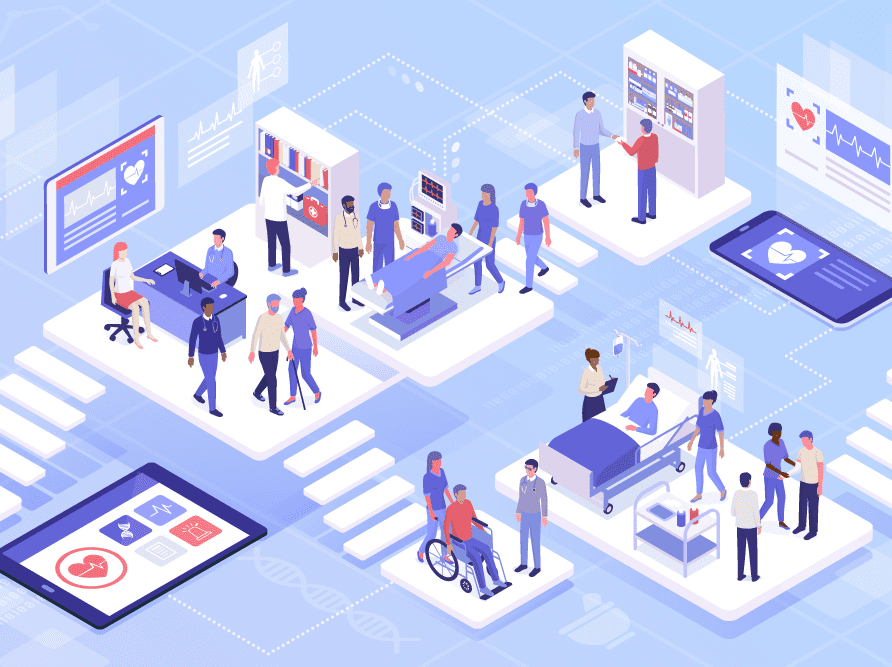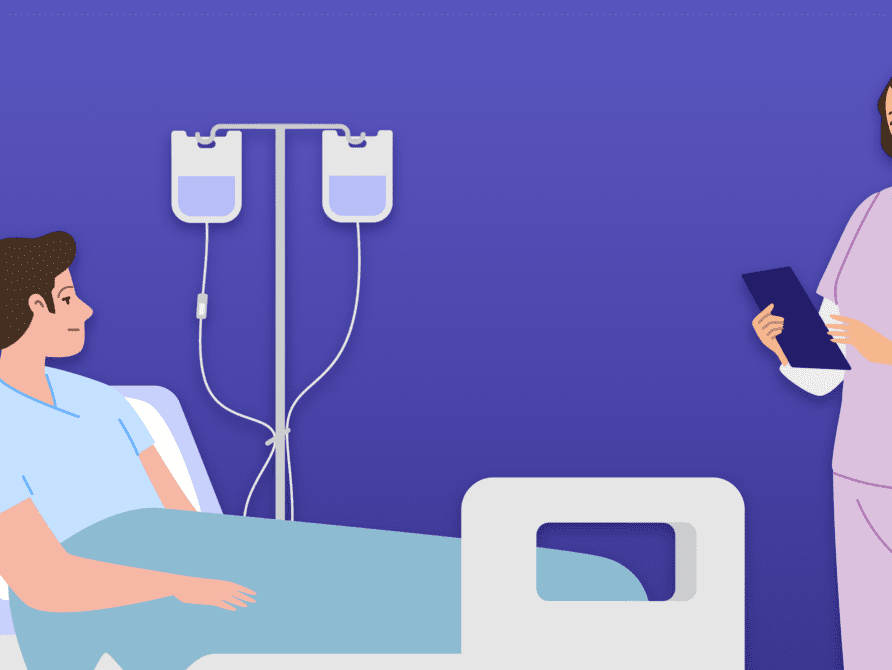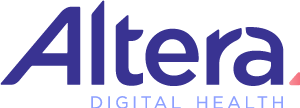Article
Collaboration between hospitals will get NHS back on its feet
On Thursday 13 June 2024, Keir Starmer set out Labour’s election manifesto at Cooperative HQ in Manchester.
In the manifesto [1], Labour pledges to get the NHS back on its feet through cutting waiting times by offering 40,000 more operations, scans and appointments each week, in the evenings and weekends. It also cites pooling resources across neighbouring hospitals and setting up shared waiting lists so patients can be diagnosed and treated more quickly if they agree, rather than waiting at their assigned hospital.
Altera Digital Health—a leading provider of electronic patient record (EPR) software to the NHS—offers solutions that provide a whole integrated care system (ICS) team with a single source of truth about a patient.
Here we explore how Altera already has the solution to support collaboration between hospitals, sharing information to improve patients’ experiences and outcomes as well as driving efficiencies across an ICS.
In most cases, NHS trusts have legacy IT systems that don’t talk to each other and are often different to those of neighbouring hospitals. The key to unlocking collaboration is interoperability of these systems—both within each hospital site and across organisations.
In its Plan for Digital Health and Social Care [2], NHS England detailed the goal for a life-long, joined up health and social care record so that all clinical teams in an ICS have appropriate access to a complete view of a person’s health and social care record they can contribute to.
Healthcare organisations must ensure their EPR systems can seamlessly exchange information with other healthcare applications and systems to produce comprehensive patient records, improve care coordination and enhance clinical decision-making.
Healthcare organisations must ensure their EPR systems can seamlessly exchange information with other healthcare applications and systems to produce comprehensive patient records, improve care coordination and enhance clinical decision-making.
Altera’s approach to solutions provides a fast, flexible and clinically driven roadmap towards digital maturity across integrated care systems.
The dbMotion™ Solution from Altera is an interoperability solution designed to help organisations succeed in delivery system reform and the shift to value-based care. With dbMotion, the organisation can integrate discrete patient data from diverse care settings, regardless of IT supplier, into a single patient record.
With Altera’s Sunrise EPR solution, users can reach beyond the hospital setting with access to information stored about patients, brought together by external health and care providers, such as a shared care record system. This access to a more comprehensive patient record enables clinicians to make better informed decisions and supports patients as they move between care settings.

NHS client case study
Altera enabled Maidstone and Tunbridge Wells NHS Trust (MTW) to become one of the top-performing acute hospital trusts in the country and is regularly in the top five for A&E performance in England. It’s also one of the few trusts in the country to not have long-waiting patients (those waiting 52 weeks for planned care), and it has delivered the 62-day cancer standard each month for more than three years.
Read the full story of MTW’s rapid digital transformation.
To learn more about how Altera is supporting the NHS to collaborate across ICSs and get back on its feet, drive efficiencies and improve patient outcomes, click here.
Sources:
[1] https://labour.org.uk/change/build-an-nhs-fit-for-the-future/















